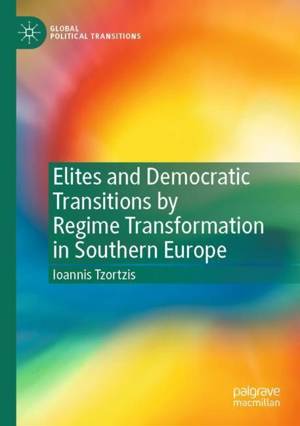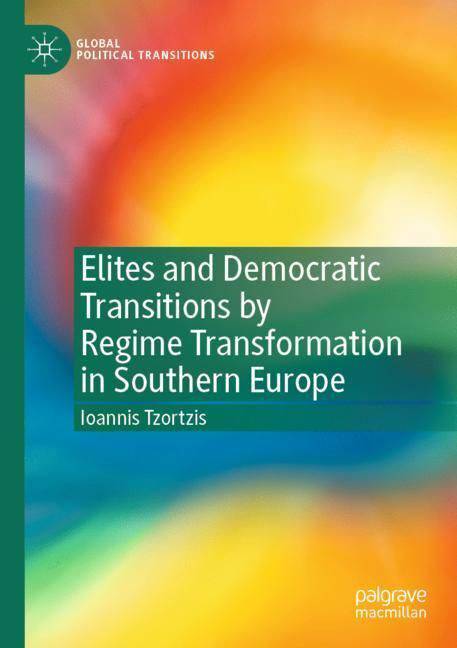
- Retrait gratuit dans votre magasin Club
- 7.000.000 titres dans notre catalogue
- Payer en toute sécurité
- Toujours un magasin près de chez vous
- Retrait gratuit dans votre magasin Club
- 7.000.000 titres dans notre catalogue
- Payer en toute sécurité
- Toujours un magasin près de chez vous
Elites and Democratic Transitions by Regime Transformation in Southern Europe
Ioannis TzortzisDescription
This book examines three cases of democratic transitions by self-transformation of the non-democratic regimes in Southern Europe--the Spanish reforma pactada-ruptura pactada of 1976-77, the Greek "Markezinis experiment" of 1973, and the Turkish democratic transition of 1983--in a comparative perspective. The author argues that a democratic transition initiated by the regime elites is, in contrast to widely held assumptions and notwithstanding some reservations on whether democracy can be (re-)introduced by non-democrats, worth viewing as a "window of opportunity" for democratisation. It is up to the democratic counter-elites to respond to it, using the civil society and the international factor as allies to achieve their goal of acquiring more concessions from the regime.
Spécifications
Parties prenantes
- Auteur(s) :
- Editeur:
Contenu
- Nombre de pages :
- 207
- Langue:
- Anglais
- Collection :
Caractéristiques
- EAN:
- 9783031046223
- Date de parution :
- 18-09-23
- Format:
- Livre broché
- Format numérique:
- Trade paperback (VS)
- Dimensions :
- 148 mm x 210 mm
- Poids :
- 272 g







